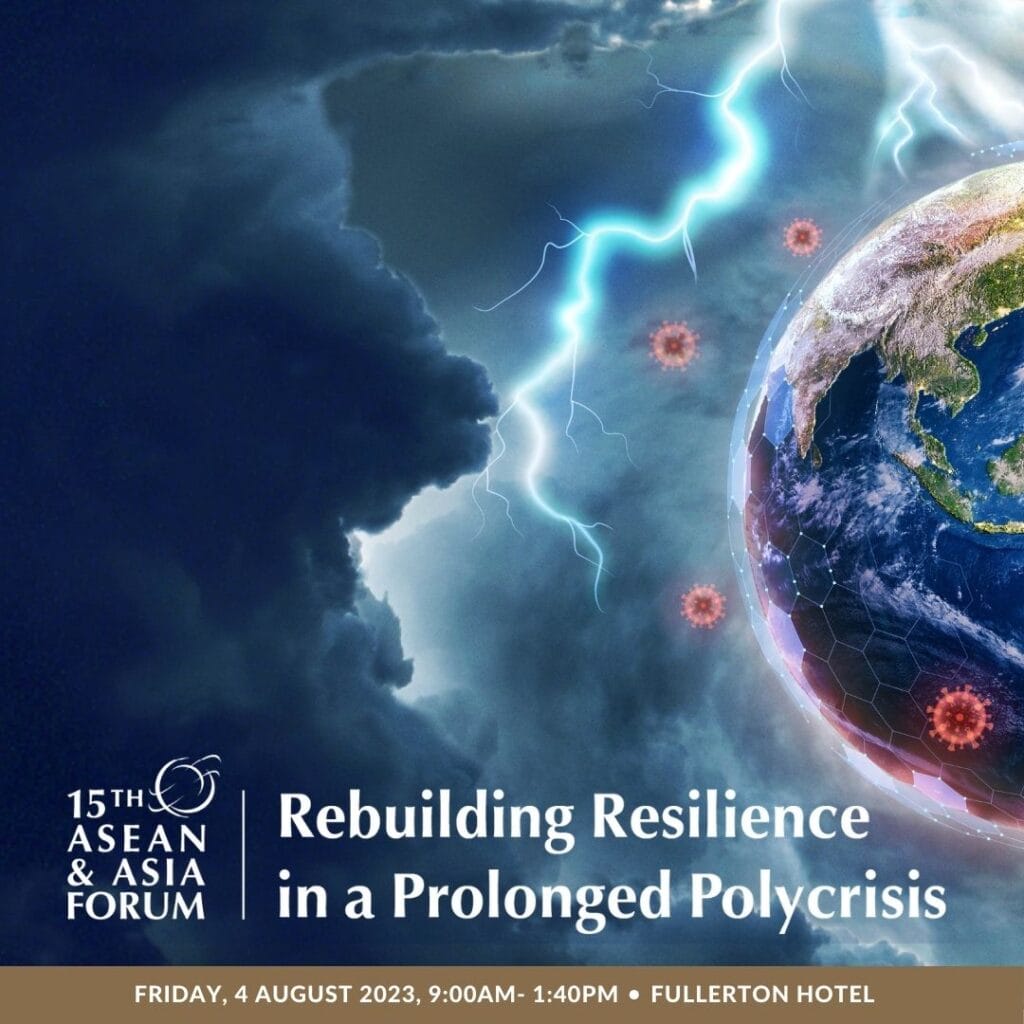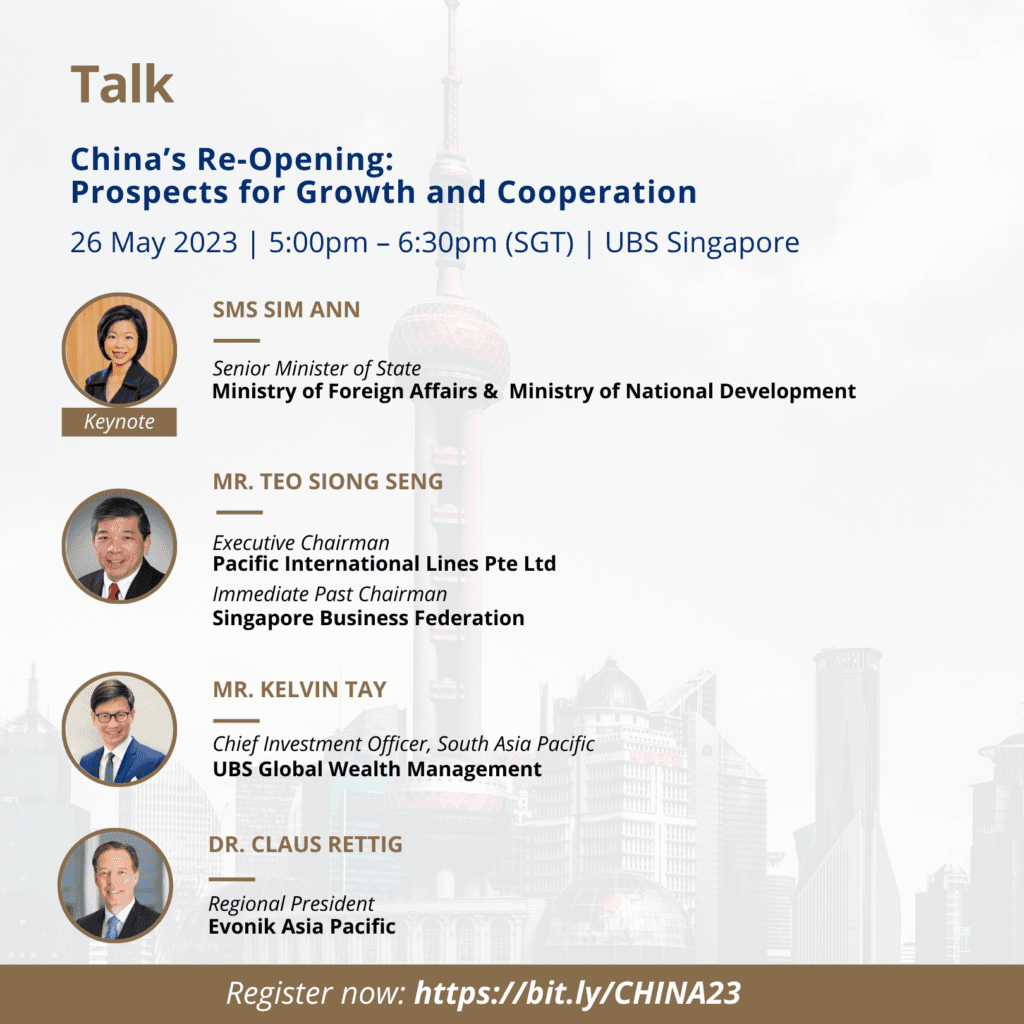Has commitment to the Paris Agreement been weakened or strengthened by US President Donald Trump’s decision to pull America out of the deal? What does the US withdrawal actually mean in technical terms, considering that the US can only formally leave in 2020?
We held a talk on “Leaving Paris: Implications of the US withdrawal for Climate Leadership” on 27 July 2017, featuring views from Mr. Cheah Sin Liang, Lead Coordinator for Climate Negotiations and Deputy Director, International Policy, National Climate Change Secretariat, Prime Minister’s Office, Singapore, Ms. Melissa Low, Research Fellow, Energy Studies Institute, National University of Singapore (NUS), and Ms. Maggie Lee, Sustainability Lead, Procter & Gamble. The session was moderated by SIIA Executive Director Nicholas Fang, with discussions under the Chatham House Rule.
More photos from the session will be available on our Facebook page.
What does the US withdrawal actually mean?
The Paris Agreement under the United Nations Framework Convention on Climate Change (UNFCCC) was deliberately designed so that countries cannot pull out immediately. There is a total four-year waiting period, meaning the United States can only formally leave in 2020, after the next US Presidential Election. If Mr Trump is not re-elected, it is possible the next US President could reverse Mr Trump’s decision.
Strictly speaking, it is not entirely clear how the US will enact its withdrawal from the Paris Agreement. Mr Trump has said that the US might negotiate to re-enter the deal, but the international community remains unclear on what this means – for example, does the US seek to submit a new nationally determined contribution (NDC) to the UNFCCC? There is a possibility that the world may find out more on what the US plans to do at this year’s UN climate change conference in November (COP 23).
What will be the impact on the fight against climate change?
Even with the US government sending mixed signals, the world is moving forward with action against climate change. For instance, France has pledged to ban the sale of all petrol and diesel cars by 2040 – all vehicles sold in France will have to be electric, hybrid, or use other green technologies. Within the US, there has been a strong groundswell of support with individual states and cities pledging to fulfil targets set under the Obama administration in line with the Paris Agreement, even without federal assistance.
Steps taken by the Trump administration to roll back Obama-era climate pledges will dent America’s ability to reach its previously-agreed emissions reduction targets under the Paris Agreement. But we also need to bear in mind that, for example, the US power industry is already two-thirds of the way towards the goals set by the Obama administration’s Clean Power Plan. It is not merely government regulation that is driving the shift, but also market forces, with green energy becoming increasingly viable and profitable.
Many major US companies are also committed to going green. Prior to Mr Trump’s announcement that the US would leave the Paris Agreement, the CEOs of 30 major American firms, including Proctor & Gamble, sent a public letter to Mr Trump urging him to reconsider his decision. Private sector firms like P&G are shifting to run factories with renewable energy, making products from recycled or recyclable materials, and aiming to send zero waste to landfills.
Thus while the US may not meet its full Paris Agreement commitments in the coming years, its actual emissions may not be as bad as some fear.
But one broader concern is whether the US government’s stance will serve as a negative example to other countries, encouraging some to rethink their Paris Agreement pledges, or harm further talks on the deal. The Paris Agreement is essentially architecture, but many of the details on implementation by countries still need to be hammered out.
That said, thus far, the international community has rallied behind the Paris Agreement and support for the deal has not wavered.
Singapore remains committed to the Paris Agreement. As a low-lying small island state, Singapore is highly vulnerable to the effects of climate change and is pushing forward with national climate plans, including the implementation of a carbon tax from 2019.
Original Event Synopsis
The Paris Agreement is now once again in the global spotlight, following US President Donald Trump’s decision to pull America out of the climate accord. While the decision has drawn opposition from several other countries, it also seems to have prompted a sense of renewed commitment on sustainability from other major economies like China, France and Germany. In the US, several states and cities have also pledged to stand with the global community and stick with their emissions targets.
This evening talk at the Singapore Institute of International Affairs looks at what the US decision means for the current Paris Agreement, the impact on future climate change negotiations, as well as the long-term implications for global leadership on environment issues.
Event Details
Date: Thursday, 27th July 2017
Time: 5:30pm – 7:00pm (Registration starts at 5:30pm; Talk begins at 6pm)
Venue: Singapore Institute of International Affairs
60A Orchard Road #04-03 (Level 4M) Tower 1,
The Atrium @Orchard, International Involvement Hub,
Singapore 238890
*Event is by invitation only. Should you wish to register your interest, please kindly email events@www.siiaonline.org.
Speakers
Ms. Melissa Low
Research Fellow, Energy Studies Institute, National University of Singapore (NUS)
Mr. Cheah Sin Liang
Lead Coordinator for Climate Negotiations and Deputy Director, International Policy, National Climate Change Secretariat, Prime Minister’s Office, Singapore
Ms. Maggie Lee
Sustainability Lead, Procter & Gamble





